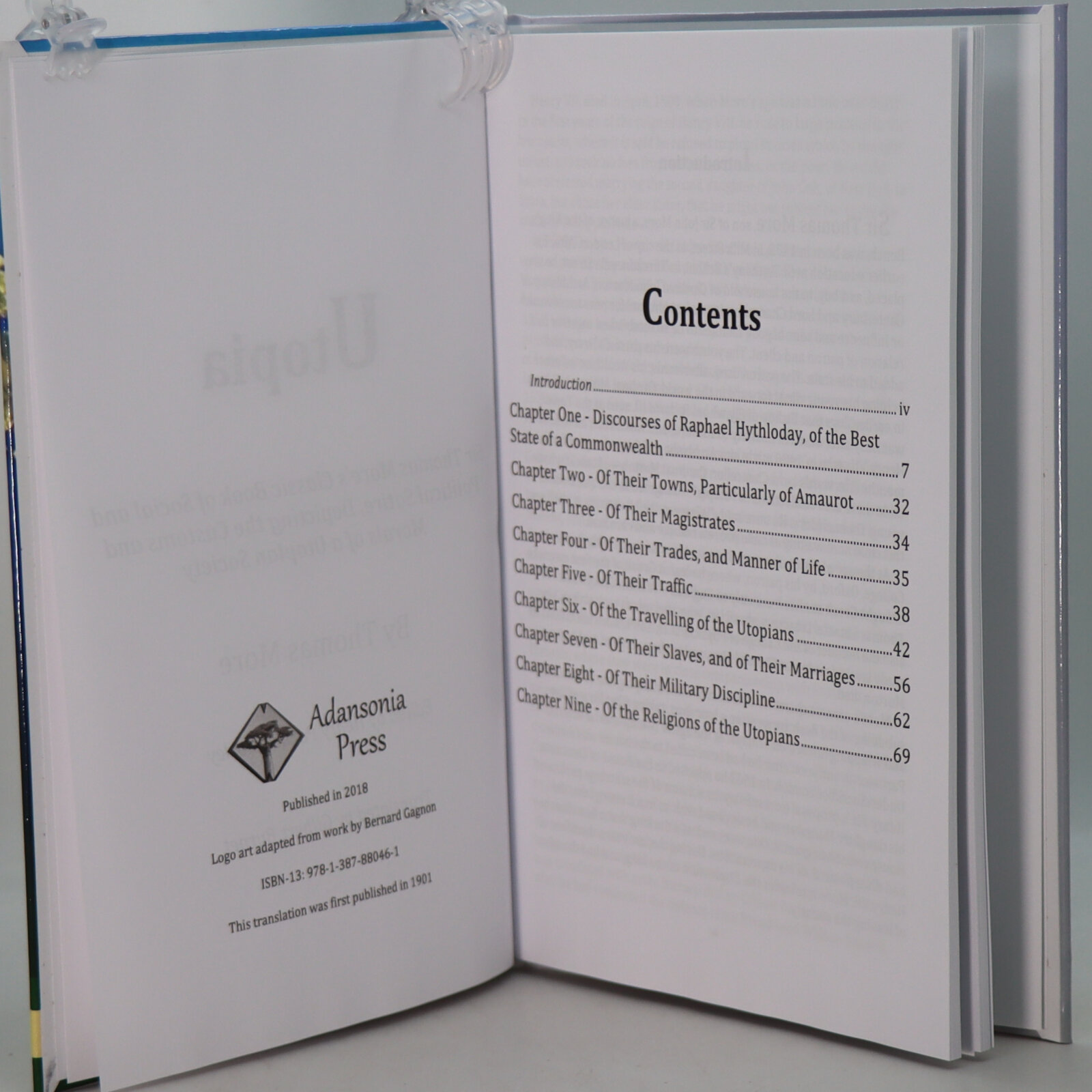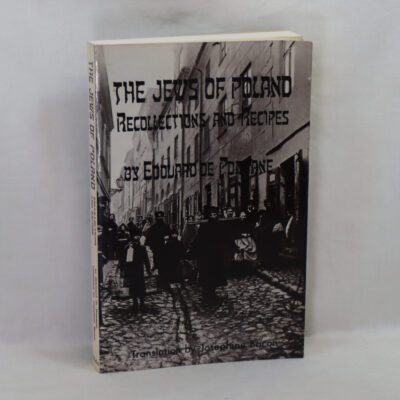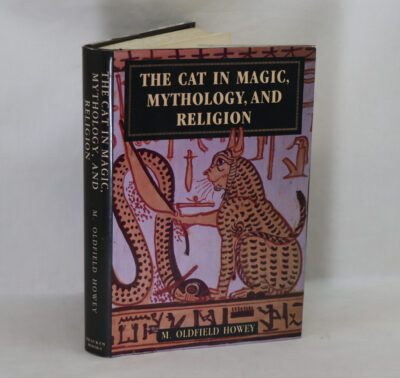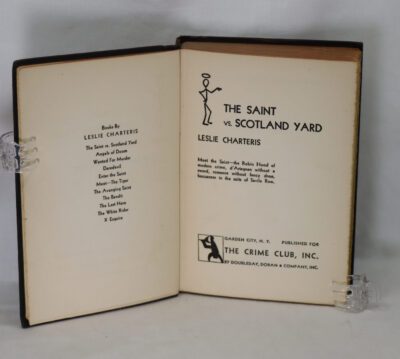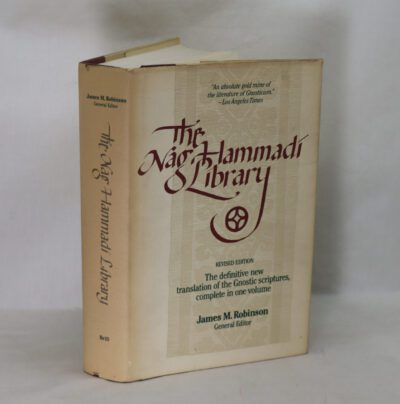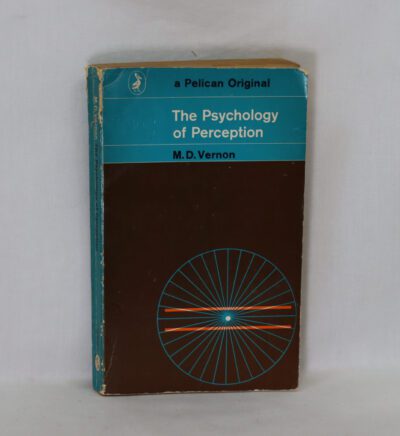Utopia.
By Thomas More
ISBN: 9780486110707
Printed: 2018
Publisher: Adansonia Publishing.
| Dimensions | 16 × 24 × 1 cm |
|---|---|
| Language |
Language: English
Size (cminches): 16 x 24 x 1
Condition: Fine (See explanation of ratings)
Your items
Item information
Description
Grey board binding with arial picture of land and sea on the front board.
F.B.A. provides an in-depth photographic presentation of this item to stimulate your feeling and touch. More traditional book descriptions are immediately available
Amazing saint Thomas Moore who stood against king Henry VIII who demolished Catholic Church just because he wanted to get divorce and behead his wives…….saint catholic priest Fisher also got killed by the king who wanted to be God and rule Kingdom with a manmade laws………..
Utopia (Latin: Libellus vere aureus, nec minus salutaris quam festivus, de optimo rei publicae statu deque nova insula Utopia, “A little, true book, not less beneficial than enjoyable, about how things should be in a state and about the new island Utopia”) is a work of fiction and socio-political satire by Thomas More (1478–1535), written in Latin and published in 1516. The book is a frame narrative primarily depicting a fictional island society and its religious, social and political customs. Many aspects of More’s description of Utopia are reminiscent of life in monasteries.
The word ‘utopia’, invented by Moore as the name of his fictional island and used as the title of his book, has since entered the English language to describe any imagined place or state of things in which everything is perfect. Also, the antonym ‘dystopia’ for an imagined state of suffering or injustice, derives from utopia.
Although he may not have directly founded the contemporary notion of what has since become known as Utopian and dystopian fiction, More certainly popularised the idea of imagined parallel realities, and some of the early works that owe a debt to Utopia must include The City of the Sun by Tommaso Campanella, Description of the Republic of Christianopolis by Johannes Valentinus Andreae, New Atlantis by Francis Bacon and Candide by Voltaire.
Utopian socialism was used to describe the first concepts of socialism, but later Marxist theorists tended to see the ideas as too simplistic and not grounded on realistic principles. The religious message in the work and its uncertain, possibly satiric, tone has also alienated some theorists from the work.
An applied example of More’s Utopia can be seen in Vasco de Quiroga’s implemented society in Michoacán, Mexico, which was directly inspired by More’s work.
During the opening scene in the film A Man for All Seasons, Utopia is mentioned in a conversation. The alleged amorality of England’s priests is compared to that of the more highly principled behaviour of the fictional priests in More’s Utopia when a character observes wryly that “every second person born in England is fathered by a priest.”
In 2006, the artist Rory Macbeth inscribed all 40,000 words on the side of an old electricity factory in Norwich, England.
Sir Thomas More (7 February 1478 – 6 July 1535), venerated in the Catholic Church as Saint Thomas More, was an English lawyer, judge, social philosopher, author, statesman, and noted Renaissance humanist. He also served Henry VIII as Lord High Chancellor of England from October 1529 to May 1532. He wrote Utopia, published in 1516, which describes the political system of an imaginary island state.
More opposed the Protestant Reformation, directing polemics against the theology of Martin Luther, Huldrych Zwingli, John Calvin and William Tyndale. More also opposed Henry VIII’s separation from the Catholic Church, refusing to acknowledge Henry as supreme head of the Church of England and the annulment of his marriage to Catherine of Aragon. After refusing to take the Oath of Supremacy, he was convicted of treason and executed. On his execution, he was reported to have said: “I die the King’s good servant, and God’s first”.
Pope Pius XI canonised More in 1935 as a martyr. Pope John Paul II in 2000 declared him the patron saint of statesmen and politicians.
Want to know more about this item?

Share this Page with a friend

